Mary ‘Tinker’ Edith Tatem Williams
Mary “Tinker” Edith Tatem Williams, a retired missionary of the United Church of Christ in Japan, died peacefully in her sleep on Saturday, August 4, 2012 at the Pilgrim Place Health Services Center in Claremont. She and her late husband served for more than 40 years as educational missionaries in Sendai, Kyoto and Nagoya.
Ms. Williams was born on August 22, 1924 in Haddonfield, New Jersey and baptized as a Presbyterian. When she was 12 years old, her parents took her and one of her brothers to Oslo, Norway, where they attended the 12th conference of the World Sunday School Association and brought home 2 goats. What she remembered most was the inspirational address by the famous Japanese preacher, social worker, labor leader and author, Dr. Toyohiko Kagawa. At age 14, Ms. Williams attended a Methodist revival service and felt a missionary “call” to help “meet the needs of China.”
Following her graduation from Haddonfield Memorial High School in June 1941, Ms. Williams entered Hood College in Maryland. During a visit by the Franklin and Marshall College Glee Club, she signed up for a blind date with one of the members, Phil Williams. She was particularly impressed with his call to be a medical missionary in China. After the bombing of Pearl Harbor in 1941, Mr. Williams joined the Navy, serving as a medical corpsman in the United States, Guam and Saipan.
Following her graduation from Hood in 1945, Ms. Williams served for a year as a Traveling Youth Secretary for the Presbyterian Board and, in 1946, entered Yale Divinity School (YDS) as one of the 10 women admitted in a class of 100. In the same year, Mr. Williams was discharged from the Navy and completed his studies at Franklin and Marshall. He applied to the Yale Medical School, but soon thereafter decided to enroll in YDS, which he did in September of 1947.
The couple was married on June 28, 1947. They were both active participants in the National Student Christian Movement that Christmas, where the featured speaker was the well-known K.H. Ting of China, who was then Secretary of the World Student Christian Federation. Their commitment to China was greatly encouraged by Mr. Ting. While completing their divinity degrees, the Williamses became the first directors of the Yale YMCA’s new international student center in New Haven.
On June 24, 1950, Ms. Williams and her husband were ordained as ministers and commissioned as missionaries of the Evangelical and Reformed Church, which later merged with the Congregationalists to become a part of the United Church of Christ (UCC). They were initially appointed to teach in the Yale-in-China program. With the closure of China to missionaries from abroad, however, they were assigned to teach in the 2 colleges in Sendai, Japan with historic ties to their church, Tohoku Gakuin (North Japan College) and Miyagi Gakuin Women’s College. They arrived in Yokohama by ship in August 1950 and went directly to Sendai with their infant daughter, Joy.
Following a year of Japanese-language study in Kyoto, Ms. Williams and her husband pursued their respective careers, centered around Mr. Williams’ professorial appointments in Sendai, Doshisha University in Kyoto and Nagoya Gakuin University. His academic posts were interspersed with 2 years as the E & R Board of Missions Asia Secretary (1955-57) and a one-year visiting professorship at Ursinus College in Collegeville, Pennsylvania. (1968-69).
In 1984, Ms. Williams was appointed as Professor of Christian Education and Family Life at the Doshisha Women’s College of Liberal Arts.
Central themes in Ms. Williams’ lifetime of work in churches, the YWCA and Christian student movement, and her teaching of English and Christian education, as well as her work with Mr. Williams with Bible study and groups in their home, were the importance of equality between men and women and working against discrimination of all kinds; marriage and the family, especially in Japan and the United States; intercultural relations, and feminist theology. Two examples of her activities along these lines were arranging the 1988 visit to Japan of UCC minister Dr. Harold Wilke, a prime mover of the Americans with Disabilities Act. Born without arms, Dr. Wilke traveled extensively, lecturing to churches, schools and social institutions on the treatment of the disabled.
Also while in Kyoto, Ms. Williams was one of the missionaries in Japan who, in 1985-87, refused to be fingerprinted as an alien by the Japanese government as an act of protest against what was perceived to be discrimination against foreigners. Thus, she was unable to leave Japan for a period because she could not re-enter without a fingerprinted Alien Registration Card.
While in Sendai, Ms. Williams started the Christian Encounter Academic Homestay program, which involved some 450 Japanese and American students.
In 1983, Ms. Williams attended the sixth annual Assembly of the World Council of Churches in Vancouver, Canada. Also in that year, she received the Distinguished Alumna Award from Hood College for her achievements in international educational exchange.
After a short post-retirement period of teaching at Miyagi Gakuin back in Sendai, the Williamses entered Pilgrim Place in 1997. One of Ms. Williams’ retirement activities was arranging for the Japanese translation of Mr. Williams’ book, written in 1957 after his first term of service in Japan, called “Journey Into Mission.” The translation is entitled, “Senkyo e no tabi” (2004).
Ms. Williams was predeceased by her youngest daughter, Bonnie, in 2006. She is survived by her daughter, Edith, of Maine and her daughter and son-in-law, Joy and Jim of Niigata, Japan.



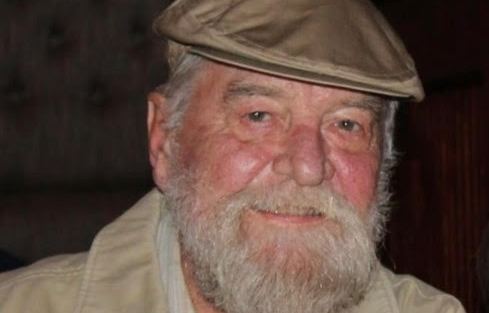
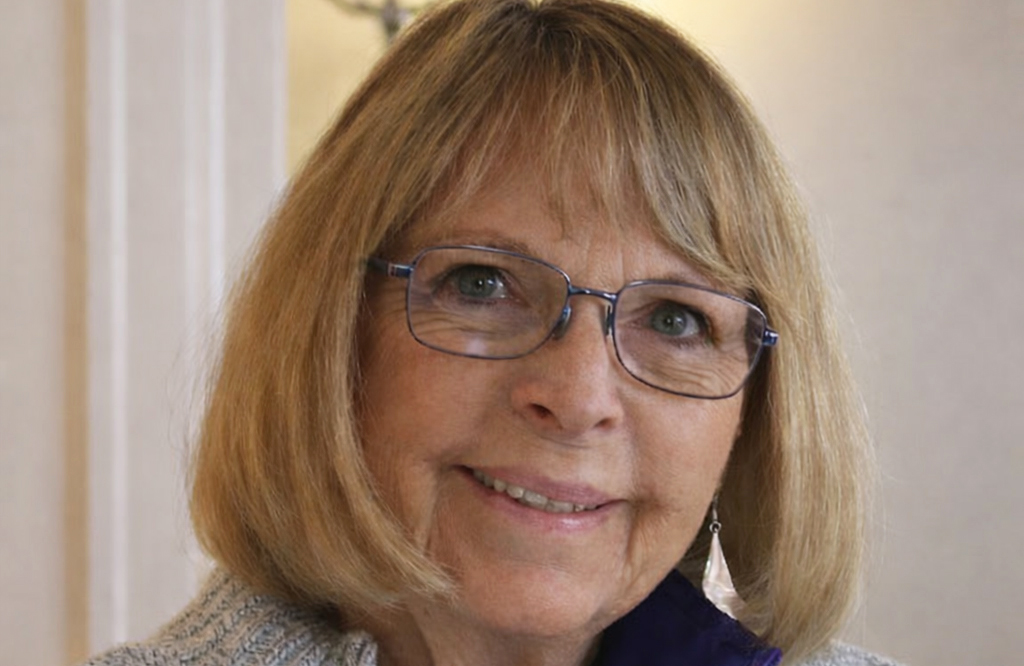
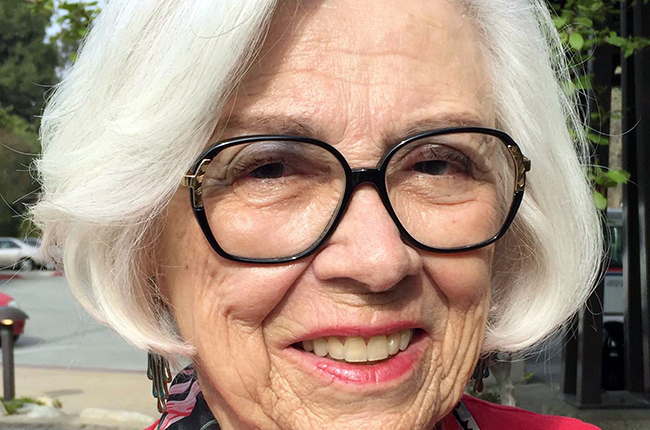
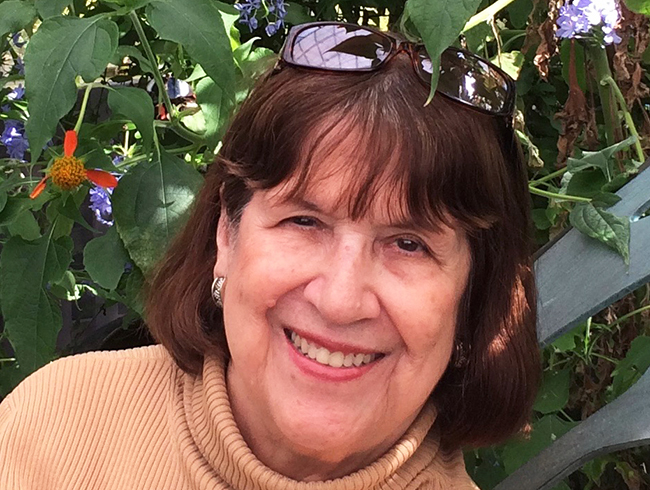
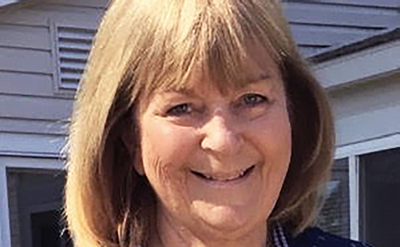
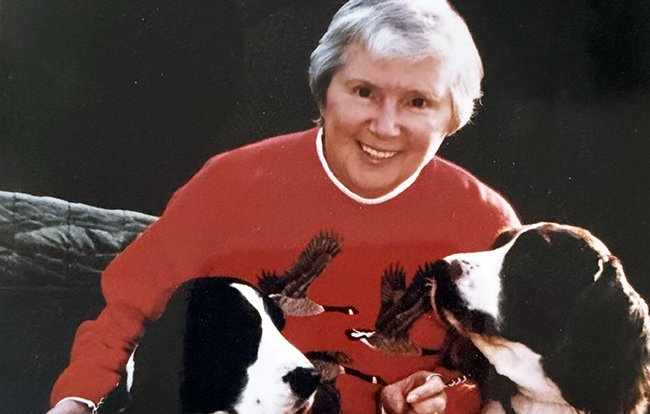

0 Comments